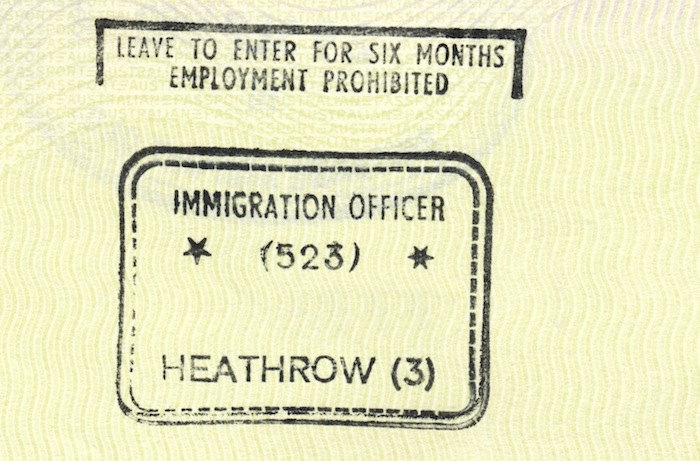Government is ‘failing’ victims of trafficking by denying legal aid
The High Court has granted permission for a young woman claiming to have been subjected to sexual exploitation as a child to challenge a refusal of legal aid in her claim to stay in the country. The Government has identified the woman as a potential victim of trafficking but refused her and others in her position public funding for immigration advice in a change of policy and, as a consequence, she is unable to apply for temporary leave to stay in the UK.
The prime minister Theresa May has previously claimed to make it a personal mission to stamp out the ‘shameful and shocking’presence of modern slavery however the Ministry of Justice has begin refusing access to legal aid for those claiming to have been victims of trafficking. According to the Anti Trafficking and Labour Exploitation Unit (ATLEU), the Ministry of Justice has ‘changed its mind’ on its interpretation of the Coalition government’s Legal Aid, Sentencing and Punishment of Offenders Act 2012 which previously allowed that legal aid should be provided since its implementation in 2013.
‘The government says that the Home Office will “automatically” consider a victim for discretionary leave where they are found to be a victim and so are arguing that this should not be considered to be a formal “application”,’ the charity argues. ‘They say that vulnerable clients like ours don’t need the help of a lawyer.’
Without the support of legally aided advice, ATLEU argues that vulnerable people are unable to put their case effectively in order to obtain a grant of leave. ‘For most victims this is a life-changing decision,’ it says. ‘Without being identified as a victim and granted leave most victims cannot escape a life of abuse and exploitation and are denied the chance to recover.’
‘Vulnerable children, women and men are left in limbo with no access to housing or benefits and no way of supporting themselves. It is only with legal status that a victim has the stability to focus on a course of therapy or to hold their traffickers to account. The Government’s decision to deny these victims legal help will mean traffickers get off scot free.’
ATLEU
On the Home Office’s own statistics, in 2015, only 12% of all victims were given discretionary leave. Without independent legal advice, ATLEU say that figure will fall further.
‘This is an access to justice issue,’ comments Carita Thomas, the solicitor dealing with this case. ‘Every survivor of trafficking should know what their rights are and if they have arguments to stay here, have help to put their case at its highest to the state. What are the provisions about immigration legal aid for trafficking victims meant to cover if it is not to help them in the identification stage? Every statement from the government about a commitment to modern slavery rings hollow if they are prepared to abandon victims at their most vulnerable point when they most need advice on their legal rights. They are putting them at risk of a lifetime of further abuse and exploitation.’
You can read Carita Thomas on LegalVoice here. ‘Victims are scared and seeking safety,’ Thomas writes. ‘They need a safety net of support, the reassurance of legal status so they are not always looking over their shoulder in fear of their abusers or of being removed unceremoniously from the country. Recovery does not truly start until someone feels safe. The new headline must now be that the government is failing survivors, despite the rhetoric, because its policies deny survivors real protection.’







